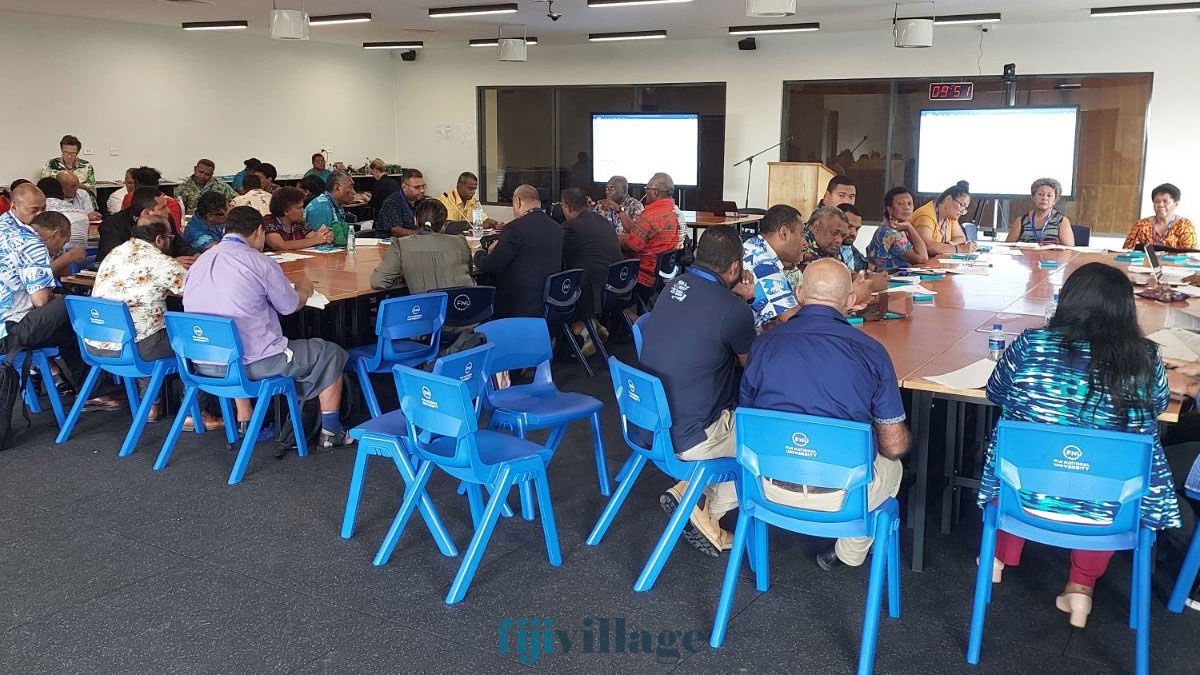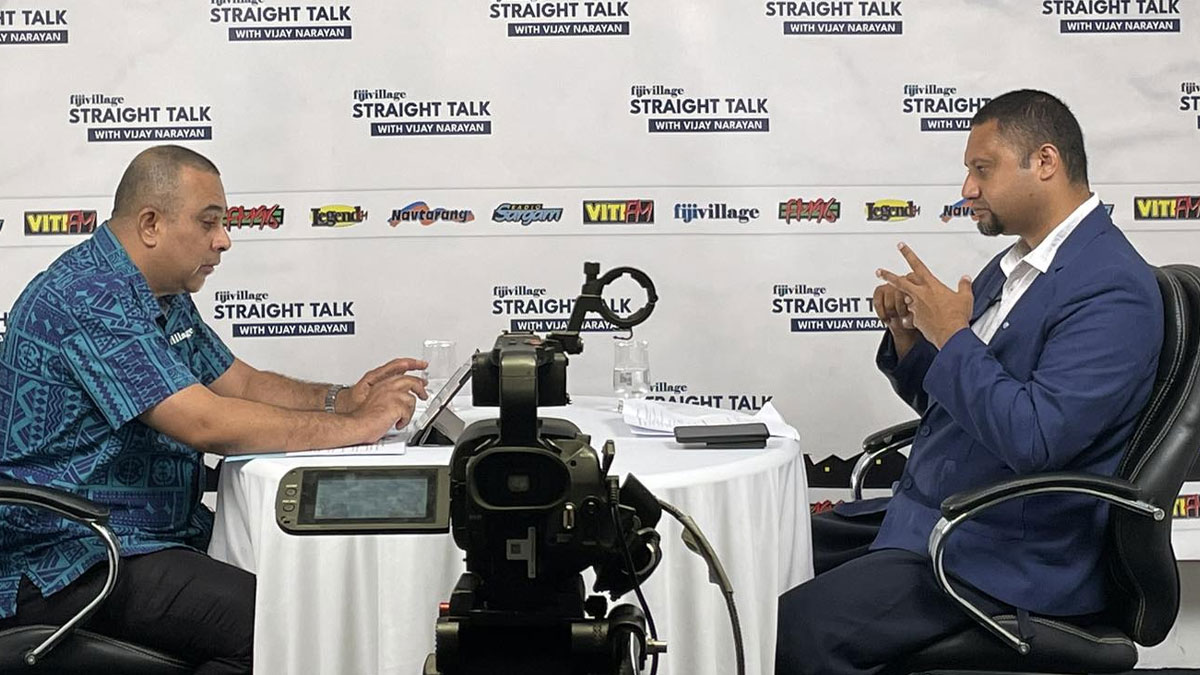
After the two-day National Talanoa Session on Responding to Illicit Drugs in Fiji, the government, Civil Society Organisations, NGOs, faith-based organisations, and the representatives from the Vanua have identified key activities that will be followed in the next 12 months to enhance the Draft Counter Narcotics Strategy.
This has been highlighted by the United Nations Resident Coordinator National Symposium on Illicit Drugs, Dirk Wagener who says this session has been a pivotal event, particularly in the current climate where illicit drug trafficking and drug use are posing significant challenges for Fiji and the wider Pacific region.
Wagener says the challenge of illicit drugs is multifaceted, impacting both supply and demand, and requires a robust, comprehensive response that encompasses awareness, prevention, treatment, and rehabilitation.
The UN Resident Coordinator says the adverse effects of illicit drug trafficking and use are profound, undermining the rule of law, contributing to family dysfunction, and deteriorating the very cohesion of our communities.
He adds Fiji is not isolated in facing these threats and many other nations across the Pacific are confronting similar challenges, underscoring that this is not merely a national issue but a regional one.
Wagener adds it necessitates a coordinated response that spans across borders, one that is rooted in a whole-of-government and whole-of-society approach.
Meanwhile, the Draft Counter Narcotics Strategy and its annual action plan will be tabled shortly to Cabinet for endorsement before it is rolled out.
Click here for stories on the Drugs Situation in Fiji
Stay tuned for the latest news on our radio stations


